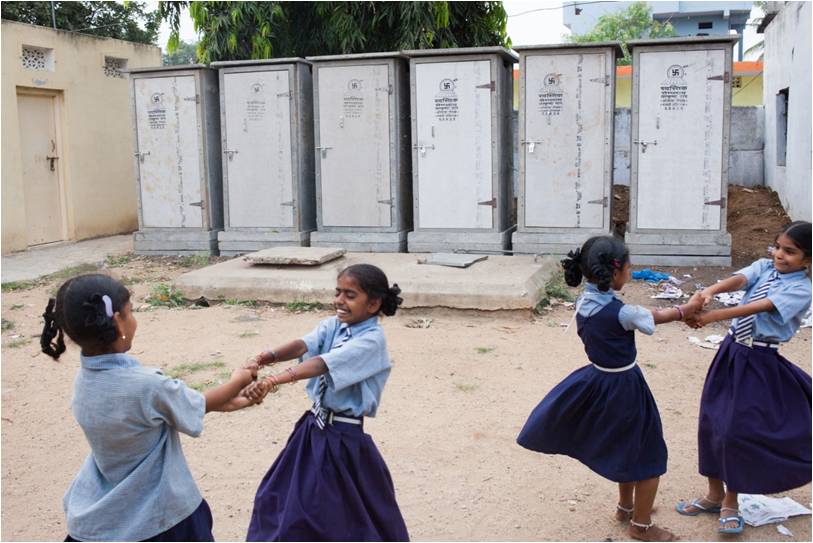
Sanitation facilities, globally and in India, are alarmingly poor. India has nearly 600 million people (half of the population) having no access to toilets. People are forced to defecate in the open. This poses health hazards, raises environmental concerns and leads to water contamination. This is coupled with the Indian Railways’s open-chute toilet system wherein the human waste drops on the rail tracks. Untreated fecal matter lying in the open is a grave threat to the well-being and good health of the society and the environment and a threat to sustainable living.
Banka BioLoo’s solutions address the following needs/pain points of the end-user:
Bio-toilets treat the human waste at source - no need to carry, no spoiling of environment or groundwater, and don't need any energy, no heavy infrastructure required. On the contrary, the system leaves pathogen-free water as effluent that can be re-used. For large bio-tanks, methane can be collected and used. These can be installed anywhere, without specification of land type, terrain, distance, etc.
The bio-toilet system disposes human waste
The entire concept of bio-toilet (or bioloo) is socially and environmentally driven. In India, many marginalized sections and the not so better off communities (rural and urban) don’t have access to sanitation facilities. The bioloos are an affordable and durable solution to the challenge of lack of toilets, as also help in waste treatment at site. Women are at greater risk, and suffer loss of security and dignity, including higher hygiene need, for want of a toilet. Bioloos tackle all these.
The bioloos have:
Water and sanitation are at the very core of sustainable development, critical to the survival of people and the planet. The bioloos are therefore an instrument that can contribute to the achievement of SDG 6 "Ensure availability and sustainable management of water and sanitation for all".

Comments